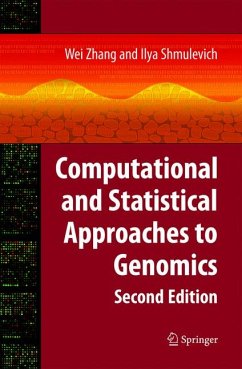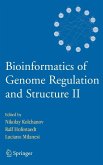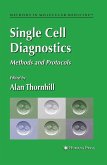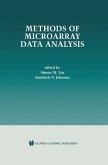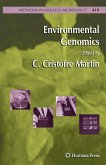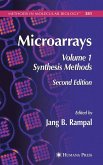This decision was motivated by several factors. Firstly, the main focus of this book is computational and statistical approaches in genomics research. Thus, the main emphasis is on methods rather than on applications. Secondly, many of the chapters already include numerous examples of applications of the discussed methods to current problems in biology.
The range of topics have been broadened to include newly contributed chapters on topics such as alternative splicing, tissue microarray image and data analysis, single nucleotide polymorphisms, serial analysis of gene expression, and gene shaving. Additionally, a number of chapters have been updated or revised.
This book is for any researcher, in academia and industry, in biology, computer science, statistics, or engineering involved in genomic problems. It can also be used as an advanced level textbook in a course focusing on genomic signals, information processing, or genome biology.
Dieser Download kann aus rechtlichen Gründen nur mit Rechnungsadresse in A, B, BG, CY, CZ, D, DK, EW, E, FIN, F, GR, HR, H, IRL, I, LT, L, LR, M, NL, PL, P, R, S, SLO, SK ausgeliefert werden.

